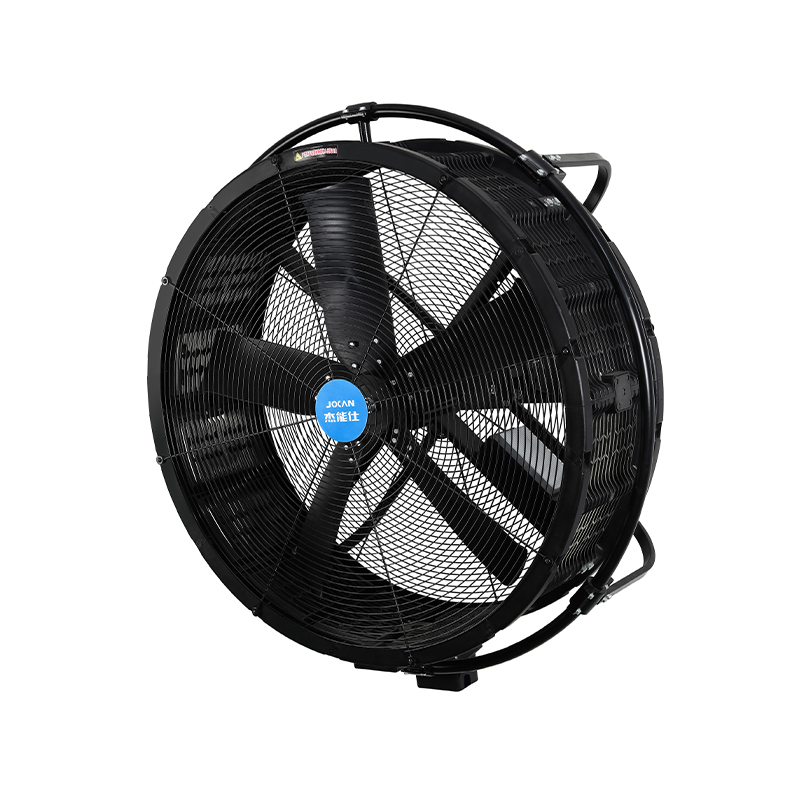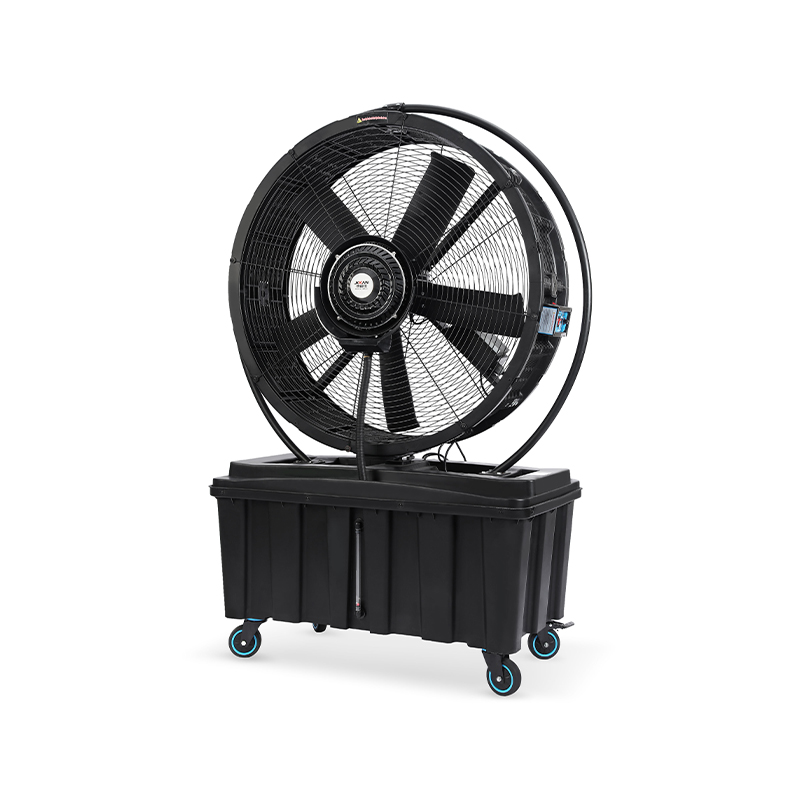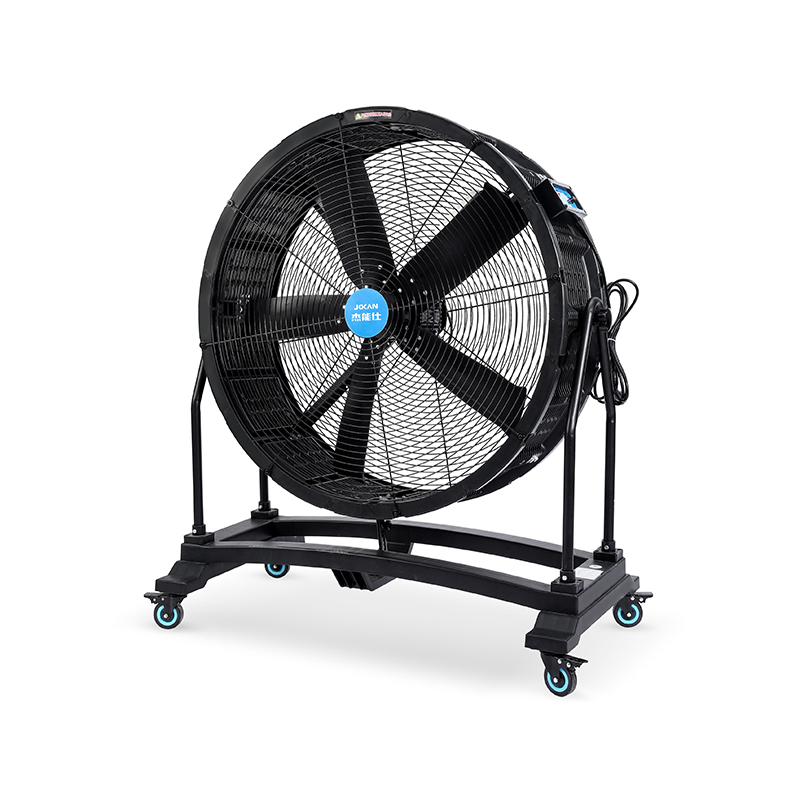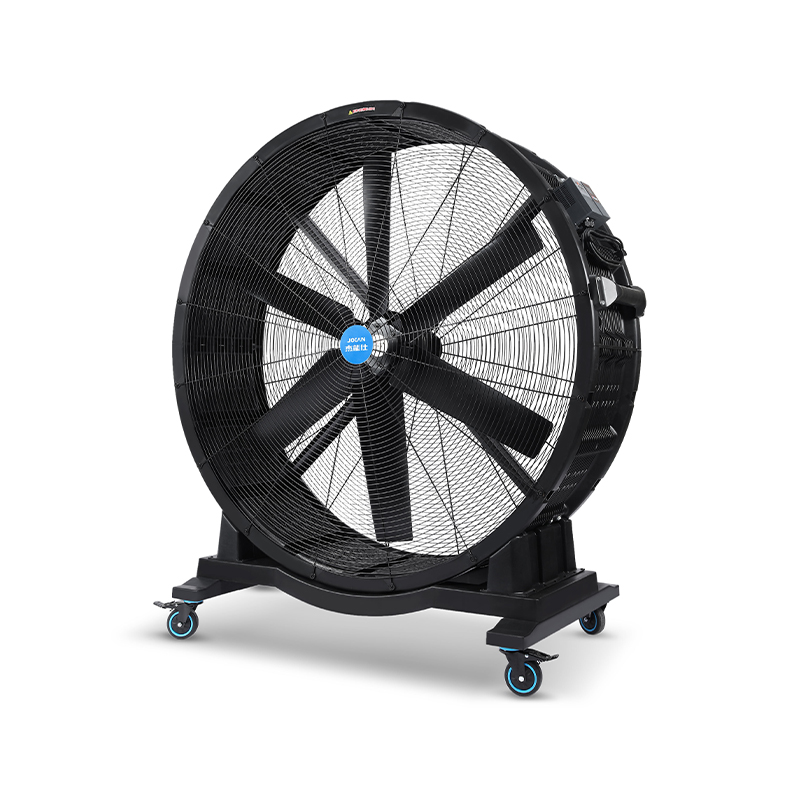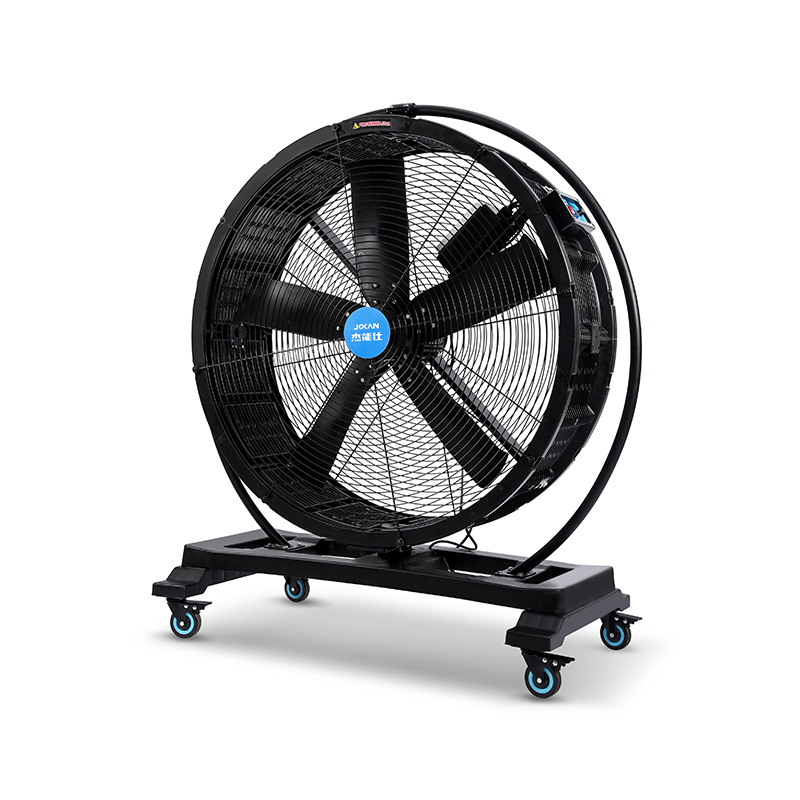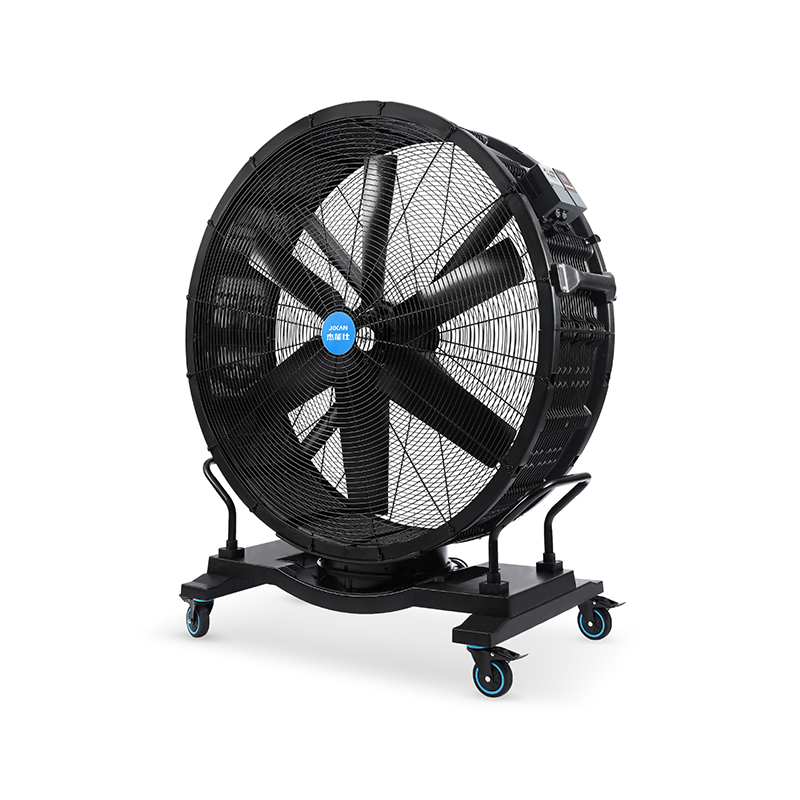Modern office spaces are designed with energy efficiency and occupant comfort in mind, but balancing these two factors can be challenging. Ventilation systems often need to run for extended hours, which makes efficiency and noise levels important considerations. By integrating an EC fan with a fresh air fan, offices can maintain cleaner indoor air, control noise, and create an environment that supports employee focus without increasing energy demand.
The Connection Between Airflow and Productivity
Poor indoor air quality can directly affect concentration and overall performance in workplaces. High levels of carbon dioxide, excess humidity, or airborne particles can cause discomfort, fatigue, and reduced alertness. Fresh air fans play a central role in addressing this issue by ensuring that outside air continuously replaces indoor air. This steady exchange helps regulate humidity and reduces pollutant buildup, creating a healthier atmosphere that allows staff to remain focused throughout the day.
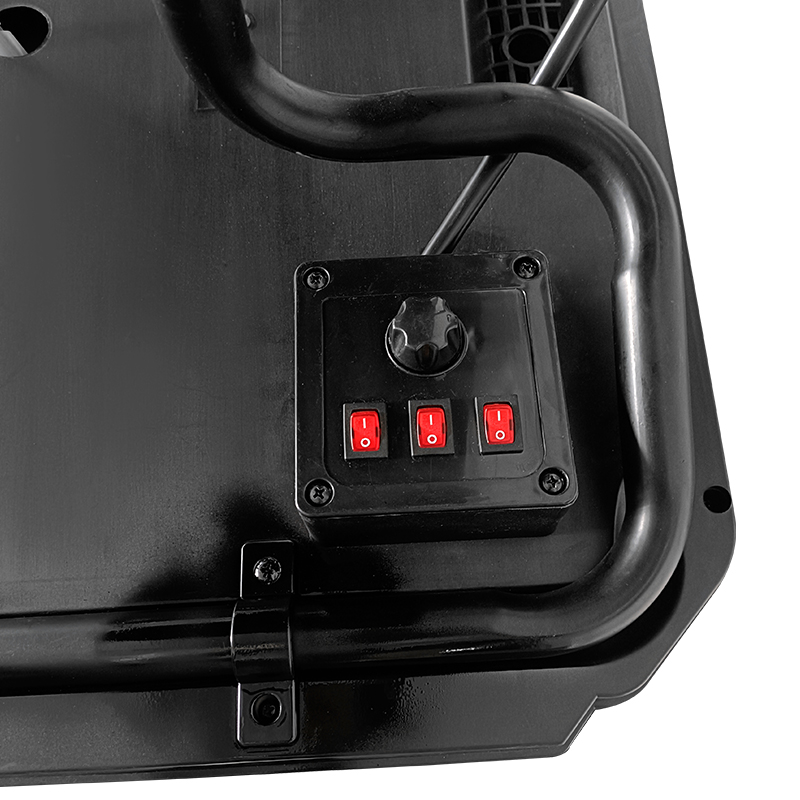
EC Fans and Quiet Operation
Noise control is often overlooked in ventilation design, yet it significantly impacts office comfort. EC fans are equipped with electronically commutated motors that not only enhance energy efficiency but also operate more quietly than many conventional motors. Their ability to run at variable speeds means they can deliver the required airflow at lower sound levels, which is especially useful in open-plan offices or meeting rooms where background noise can be distracting. This quiet operation supports concentration without compromising ventilation quality.
Energy Efficiency Without Disruption
Another advantage of EC fans is their ability to adjust airflow automatically based on demand. For example, during peak working hours, fans can increase speed to maintain air quality, while in less occupied periods they reduce output to conserve energy. This flexibility lowers overall power consumption while keeping conditions consistent. The combination of energy savings and minimal noise disruption makes EC fans particularly suitable for offices aiming to balance efficiency with occupant comfort.
Integrating Fresh Air for Better Indoor Conditions
Fresh air fans complement EC fans by maintaining a consistent supply of outdoor air. This is especially important in modern buildings that are well-sealed for energy conservation but often lack natural ventilation. By supplying outside air, these fans help prevent the buildup of heat and stale air.
Installation Considerations for Office Settings
Factors such as airflow direction, noise control, and placement within ductwork determine how well the system performs. A poorly designed setup may cause uneven air distribution or unnecessary energy use. Integrating sensors that monitor carbon dioxide or humidity levels can further optimize system performance, ensuring that ventilation matches real-time office conditions.
Maintenance and Long-Term Benefits
To maintain consistent performance, fresh air and EC fan systems require periodic care. Cleaning filters, checking blades, and ensuring that motors remain in good condition are essential tasks. Because EC fans generate less heat during operation, they often experience less wear, but fresh air fans that draw in outdoor air may accumulate dust and debris more quickly. Regular maintenance ensures the system continues to provide quiet, efficient airflow, extending equipment life and maintaining the office environment over time.
Creating a Healthier and More Focused Workplace
By combining EC fan efficiency with the steady supply of outdoor air from fresh air fans, offices can create environments that support both sustainability and employee well-being. Cleaner air, quieter operation, and better energy management all contribute to workplaces where concentration is easier to maintain. As businesses increasingly value both productivity and environmental responsibility, the role of these fan systems becomes more central in modern office design.
 Add: Plot 23, Huanglang Industrial Zone, Jinqing Town, Luqiao District, Taizhou City, Zhejiang Province
Add: Plot 23, Huanglang Industrial Zone, Jinqing Town, Luqiao District, Taizhou City, Zhejiang Province
 TEL: +86-13586083215
TEL: +86-13586083215

 English
English English
English عربى
عربى 한국어
한국어


